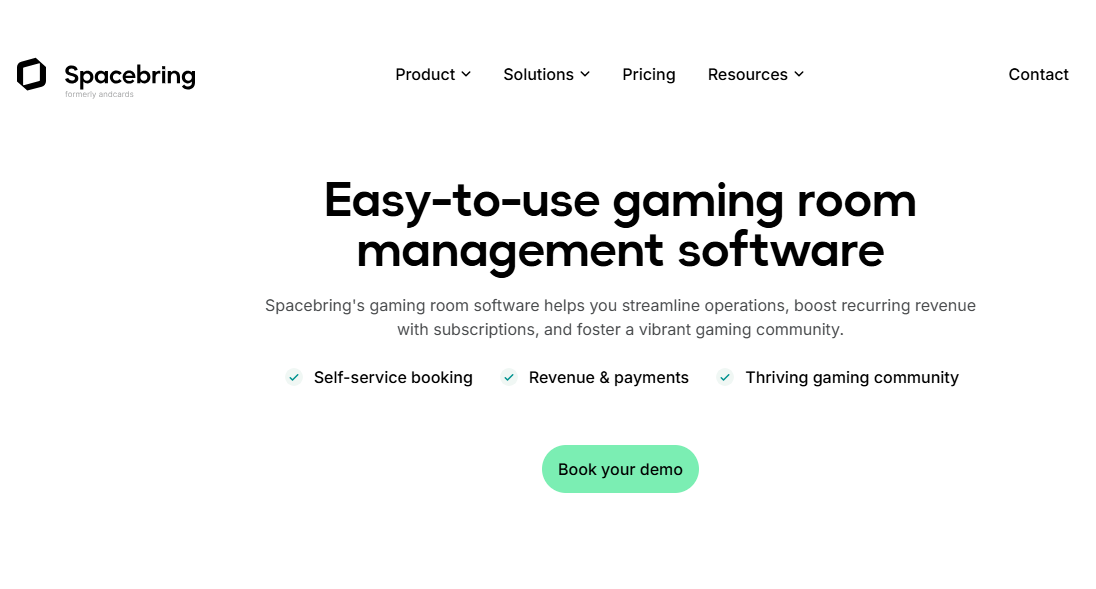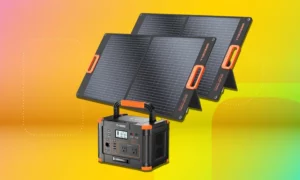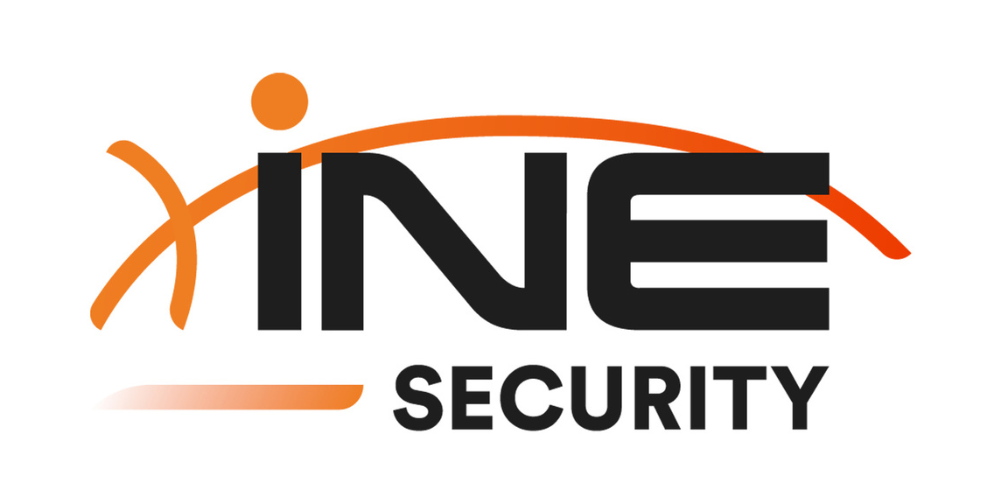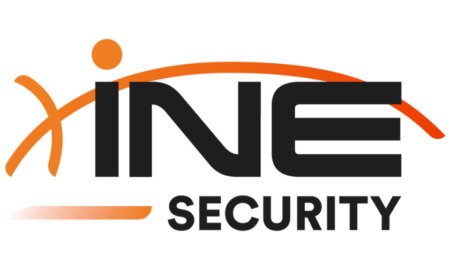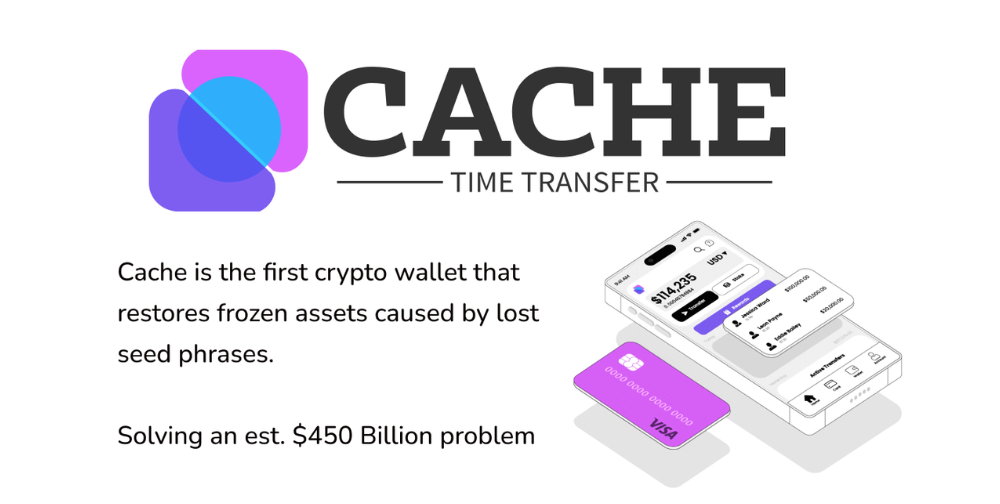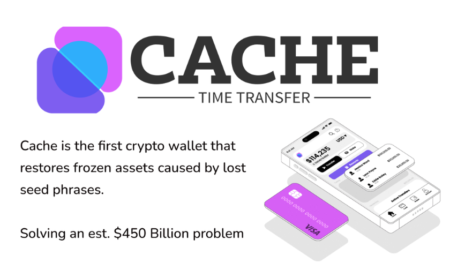In recent years, the traditional definition of a coworking space has undergone a transformation. What was once seen as a shared office alternative for freelancers and startups has now evolved into a dynamic ecosystem that fosters creativity, community, and flexibility. One of the most surprising — and increasingly popular — additions to these spaces is the gaming lounge. These areas are no longer just for leisure; they’re becoming essential components of community engagement and member retention.
But integrating a gaming lounge into a coworking space presents a new set of logistical and operational challenges. From tracking usage and managing memberships to booking game time and monitoring equipment, operators face the complexity of running two very different types of environents under one roof.
Enter gaming lounge management software — a solution purpose-built to simplify the hybrid model of coworking-meets-gaming. Let’s explore how this software streamlines operations, enhances user experience, and opens up new opportunities for growth.
1. Centralized Booking and Scheduling
A core challenge of multi-use coworking environments is managing space allocation efficiently. Coworkers might need meeting rooms in the morning, while gamers may want to reserve consoles or PCs in the afternoon. Without proper scheduling, overlaps and conflicts can arise.
Gaming lounge software typically includes advanced booking systems that allow users to reserve consoles, gaming PCs, VR stations, or even themed rooms — all in real time. When integrated with coworking space management platforms, it offers a centralized dashboard for managing everything from desks and conference rooms to game lounges.
This level of organization ensures that everyone gets access when they need it, improving the experience for both professionals and gamers.
2. Membership and Access Control
One of the biggest pain points in running a hybrid coworking and gaming lounge is membership management. Coworking spaces often use tiered membership models — hot desk, dedicated desk, private office — while gaming lounges may charge by the hour, by the day, or via monthly passes.
Gaming lounge management software enables operators to combine or segment access types, offering flexible packages tailored to user needs. For example:
- A coworking member could get discounted gaming hours.
- A gamer could upgrade to a coworking pass for weekend work.
- A student membership might include limited access to both.
Access control features — including RFID cards, QR code entry, or biometric verification — ensure that only authorized members use specific areas. This not only boosts security but also enables better data tracking and usage analytics.
3. Automated Billing and Payments
Managing two distinct revenue streams — coworking and gaming — can be a financial and operational headache. From hourly rentals and snack purchases to recurring coworking subscriptions, billing can get complex.
Gaming lounge management software offers automated invoicing, real-time payment processing, and seamless integration with payment gateways like Stripe or PayPal. When paired with coworking software, you can:
- Create unified invoices for users accessing both services.
- Set up custom billing rules for hybrid memberships.
- Track revenue streams separately while managing them from a single platform.
This reduces manual accounting errors, improves transparency, and frees up staff time to focus on community building rather than administrative tasks.
4. Equipment and Resource Tracking
Gaming lounges involve high-value equipment: gaming PCs, consoles, headsets, and furniture. Without proper oversight, these assets are prone to misuse, theft, or degradation.
With management software, you can assign equipment to users, track duration of use, monitor wear-and-tear, and even schedule preventive maintenance. For coworking spaces, this functionality extends to projectors, monitors, or even 3D printers in maker zones.
Resource tracking provides two key benefits:
- Optimized utilization: Know which assets are being used and which are sitting idle.
- Inventory control: Maintain a digital log of your tech inventory and plan upgrades or replacements in advance.
5. Community Engagement and Loyalty Programs
Modern coworking spaces thrive on community and culture. By integrating gamification and gaming-based social activities into the ecosystem, operators can significantly boost member engagement.
Gaming lounge software can support:
- Leaderboards and tournaments
- Achievement-based rewards
- Event signups and RSVPs
When these features are tied into the coworking experience — such as offering perks for attending both a business workshop and a weekend gaming tournament — the result is a stickier, more loyal user base. Members stay longer, interact more, and refer others, increasing both retention and revenue.
6. Data-Driven Insights for Smarter Decisions
Running a multi-use space requires data-backed decisions. Gaming lounge software collects and analyzes user behavior — when members check in, what games or devices they use, how long they stay, and how much they spend.
With built-in analytics, operators can:
- Identify peak usage times and plan staffing accordingly.
- Optimize pricing models based on demand.
- Detect underutilized areas and repurpose them effectively.
- Forecast revenue across both coworking and gaming operations.
Combined with coworking management analytics, you get a 360-degree view of your space’s performance, enabling smarter growth strategies.
Conclusion
The line between work and play is blurring — especially among younger professionals and digital creatives who demand flexibility, fun, and functionality from their workspaces. Gaming lounges within coworking environments meet this demand, but only if managed well.
Gaming lounge management software is no longer just a “nice-to-have” — it’s a must-have tool for coworking operators aiming to build dynamic, engaging, and profitable hybrid spaces. From access control and billing to community engagement and analytics, the right software can turn a chaotic multi-use environment into a well-oiled experience hub.
As coworking evolves, those who embrace innovative models and support them with smart technology will lead the future of flexible work.

